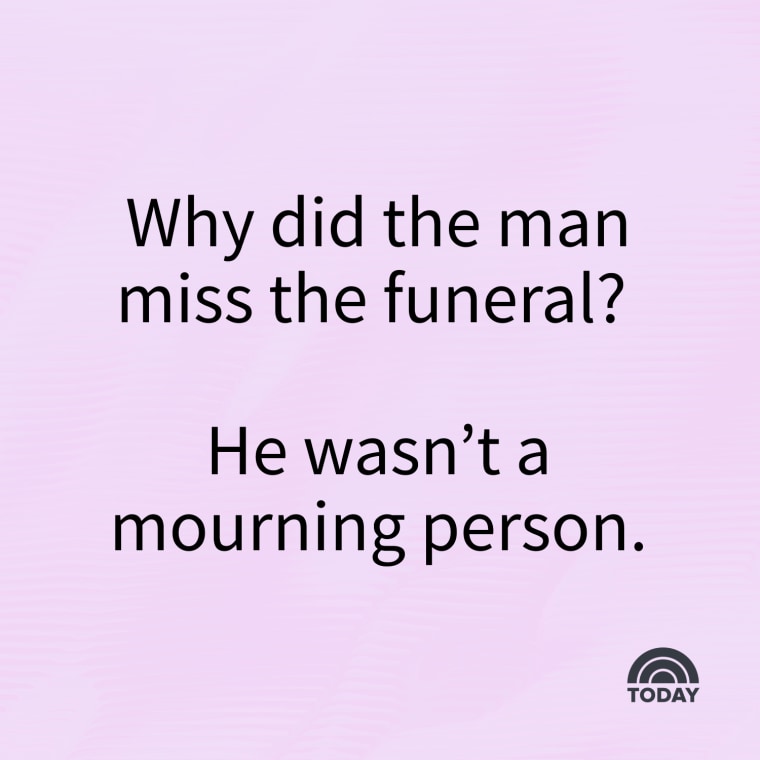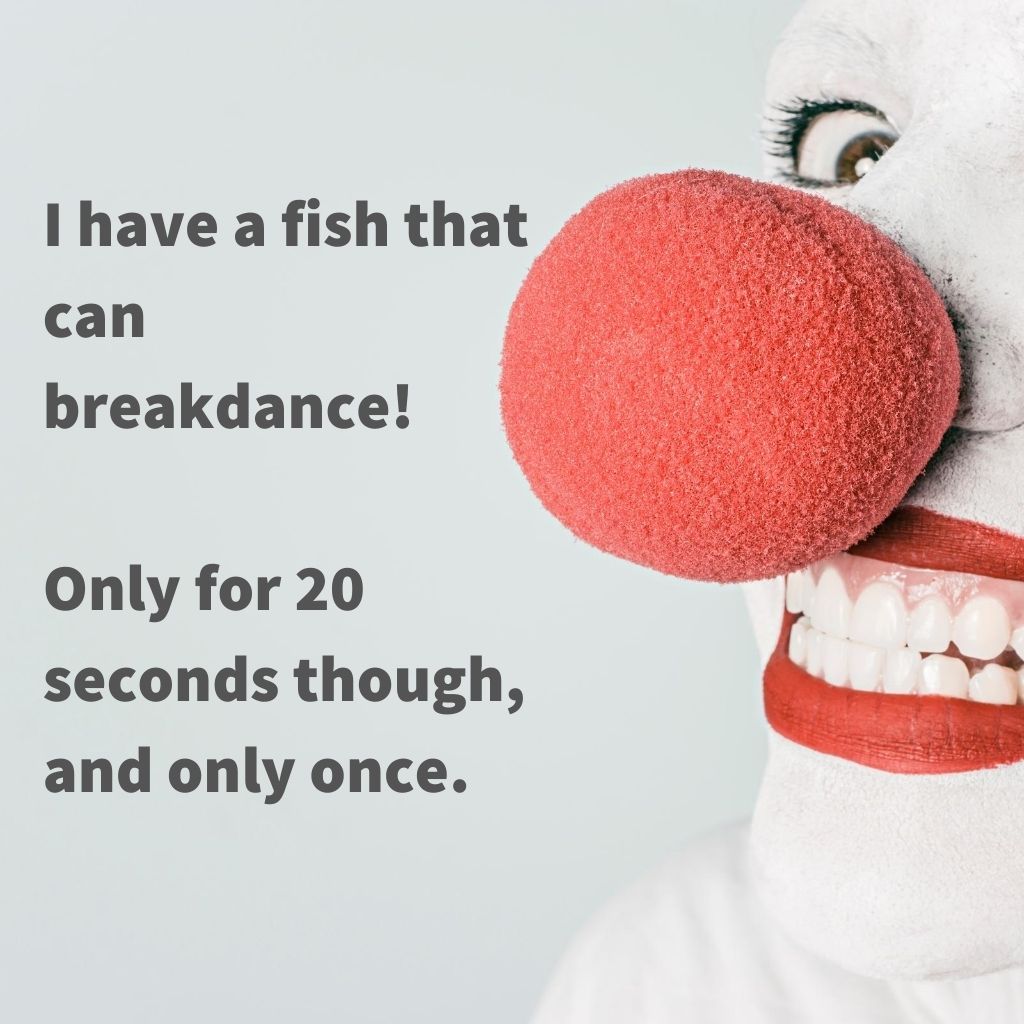Black jokes and dark humor have long been a controversial yet fascinating aspect of comedy. They challenge societal norms, provoke thought, and often spark debates about what is acceptable in humor. While some find these jokes offensive, others see them as a way to confront difficult topics and bring light to dark situations. This article aims to provide an in-depth understanding of black jokes and dark humor, exploring their origins, cultural implications, and why they resonate with certain audiences.
As we delve into this topic, it's important to approach it with sensitivity and an open mind. Humor is subjective, and what might seem funny to one person could deeply offend another. Understanding the nuances of black jokes and dark humor can help us navigate this complex landscape responsibly.
This article will cover various aspects of black jokes and dark humor, including their history, psychological effects, and their role in modern comedy. Whether you're a fan of edgy humor or curious about its impact, this guide will provide valuable insights into this controversial form of comedy.
Read also:Luther Vandross Any Love Lyrics A Journey Through Timeless Romance And Soulful Melodies
Table of Contents
- The History of Black Jokes and Dark Humor
- Psychological Effects of Dark Humor
- Cultural Impact and Societal Reactions
- Ethical Considerations in Dark Comedy
- Famous Comedians Known for Dark Humor
- Examples of Black Jokes and Dark Humor
- Understanding the Audience for Dark Humor
- Dark Humor in Media and Pop Culture
- Controversies Surrounding Black Jokes
- The Future of Dark Humor in Comedy
The History of Black Jokes and Dark Humor
Dark humor has existed throughout history, often serving as a coping mechanism during times of crisis or tragedy. Ancient civilizations used humor to mock death, disease, and other grim realities of life. In medieval Europe, for instance, jesters would entertain kings with jokes about war and plague, providing a much-needed escape from the harsh realities of the time.
In modern times, black jokes and dark humor have evolved into a distinct genre of comedy. The rise of stand-up comedy in the 20th century allowed comedians to push boundaries and explore taboo subjects. Iconic figures like Lenny Bruce and Richard Pryor paved the way for darker themes in comedy, challenging audiences to confront uncomfortable truths through laughter.
Evolution of Dark Humor in Comedy
The evolution of dark humor can be traced through various periods in history:
- Medieval Period: Humor about death and disease was common in European cultures.
- 19th Century: Satirical cartoons and literature began addressing political and social issues with dark undertones.
- 20th Century: Stand-up comedy and films embraced darker themes, influencing popular culture.
Today, black jokes and dark humor continue to evolve, reflecting the changing societal norms and values of each era.
Psychological Effects of Dark Humor
Research has shown that dark humor can have significant psychological effects on both the teller and the listener. For some, it serves as a coping mechanism, helping them process traumatic events or difficult emotions. Others may use it as a way to bond with like-minded individuals, creating a sense of community around shared experiences.
However, dark humor can also have negative effects if not used responsibly. It may alienate certain audiences or reinforce harmful stereotypes. Understanding the psychological implications of black jokes and dark humor is crucial for comedians and content creators who wish to engage with this genre.
Read also:What Was Christopher Scarver In Jail For Unveiling The Truth Behind The Infamous Story
Why People Enjoy Dark Humor
Studies suggest that people who enjoy dark humor tend to have certain personality traits:
- High levels of intelligence and cognitive ability.
- Strong emotional resilience and adaptability.
- Openness to new experiences and unconventional ideas.
These traits may explain why some individuals find dark humor appealing, while others may find it off-putting or offensive.
Cultural Impact and Societal Reactions
Black jokes and dark humor often reflect the cultural and societal values of the time. In some cultures, they are embraced as a form of artistic expression, while in others, they may be viewed as disrespectful or inappropriate. The reception of dark humor varies widely across different regions and communities, highlighting the importance of cultural sensitivity in comedy.
For example, in Western societies, dark humor is often celebrated in films, TV shows, and stand-up performances. Shows like "Black Mirror" and "BoJack Horseman" explore complex themes through a darkly comedic lens, resonating with audiences who appreciate edgy content. In contrast, some Eastern cultures may view such humor as disrespectful or taboo, emphasizing the need for context and understanding when engaging with global audiences.
Case Studies of Cultural Reactions
Here are a few examples of how different cultures have reacted to black jokes and dark humor:
- United States: Comedians like George Carlin and Dave Chappelle have used dark humor to address racial and political issues, sparking both praise and controversy.
- United Kingdom: British comedy often incorporates dark humor, with shows like "Inside No. 9" and "The IT Crowd" gaining international acclaim.
- Japan: Dark humor is less common in mainstream media, but some anime and manga explore similar themes in a more subtle manner.
Ethical Considerations in Dark Comedy
While black jokes and dark humor can be entertaining, they also raise important ethical questions. Is it ever okay to joke about sensitive topics like death, illness, or tragedy? How far is too far when it comes to pushing boundaries in comedy? These questions require careful consideration, especially in today's hyper-connected world where content can reach a global audience in seconds.
Comedians and content creators must weigh the potential impact of their jokes against the need for creative expression. They must also be mindful of the diverse backgrounds and experiences of their audience, ensuring that their humor does not unintentionally harm or offend.
Best Practices for Ethical Dark Comedy
To ensure responsible use of dark humor, comedians can follow these guidelines:
- Be aware of your audience's cultural and social context.
- Avoid reinforcing harmful stereotypes or perpetuating discrimination.
- Use humor as a tool for reflection and growth, rather than as a weapon to hurt others.
Famous Comedians Known for Dark Humor
Throughout history, several comedians have become synonymous with black jokes and dark humor. Their unique perspectives and fearless approach to taboo subjects have earned them both praise and criticism. Let's take a look at some of the most iconic figures in this genre:
Iconic Comedians and Their Contributions
- Lenny Bruce: Known for his provocative style and willingness to tackle controversial topics, Bruce's legacy continues to influence modern comedians.
- Richard Pryor: His ability to blend personal experiences with dark humor made him one of the most respected comedians of his time.
- George Carlin: A master of satire and social commentary, Carlin's work often pushed the boundaries of what was considered acceptable in comedy.
These comedians not only entertained audiences but also challenged societal norms, paving the way for future generations of dark humorists.
Examples of Black Jokes and Dark Humor
While it's important to approach black jokes and dark humor with sensitivity, here are a few examples of how they can be used effectively:
- Death and Mortality: Jokes about death and dying can provide a much-needed release from the fear and anxiety surrounding these topics.
- Political Satire: Dark humor can be used to critique political figures and policies, encouraging audiences to think critically about current events.
- Taboo Subjects: Addressing sensitive topics like mental health and addiction through humor can help reduce stigma and promote understanding.
These examples demonstrate how black jokes and dark humor can be used responsibly to engage audiences and spark meaningful conversations.
Understanding the Audience for Dark Humor
Not everyone appreciates black jokes and dark humor, and that's perfectly okay. Understanding your audience's preferences and sensitivities is key to creating content that resonates without offending. Comedians and content creators must be mindful of their audience's demographics, cultural background, and personal experiences when crafting jokes.
Surveys and studies have shown that younger audiences tend to be more open to edgy humor, while older generations may prefer more traditional forms of comedy. Gender, socioeconomic status, and education level can also influence how individuals perceive dark humor, highlighting the importance of tailoring content to specific audiences.
How to Connect with Your Audience
To effectively connect with your audience, consider the following tips:
- Research your audience's preferences and sensitivities.
- Test your material with focus groups or small audiences before going public.
- Be open to feedback and willing to adjust your content as needed.
Dark Humor in Media and Pop Culture
Dark humor has become increasingly popular in media and pop culture, with films, TV shows, and online content embracing edgy themes. Shows like "Rick and Morty" and "South Park" have gained massive followings by pushing the boundaries of what is considered acceptable in comedy. Similarly, films like "Dr. Strangelove" and "Fight Club" have used dark humor to explore complex themes and challenge societal norms.
However, the rise of social media has also brought new challenges to dark humor in media. Platforms like Twitter and TikTok allow content to spread rapidly, sometimes leading to unintended consequences. Creators must be mindful of the potential reach and impact of their content, ensuring that their humor is both engaging and responsible.
Popular Media Examples
- Rick and Morty: Known for its darkly comedic take on science fiction, this animated series has become a cultural phenomenon.
- Dr. Strangelove: This classic film uses satire and dark humor to critique the Cold War era's nuclear arms race.
- BoJack Horseman: Combining animation with mature themes, this show explores addiction, depression, and existential despair through a comedic lens.
Controversies Surrounding Black Jokes
Despite its popularity, black jokes and dark humor have been the subject of numerous controversies over the years. Critics argue that such humor can perpetuate harmful stereotypes and reinforce systemic inequalities. Proponents, on the other hand, believe that it serves as a powerful tool for social commentary and personal expression.
One of the most notable controversies involved comedian Dave Chappelle, whose jokes about transgender individuals sparked widespread debate. While some praised his willingness to address difficult topics, others accused him of being insensitive and transphobic. This incident highlights the delicate balance comedians must strike when engaging with sensitive subjects.
Learning from Controversies
To navigate controversies effectively, comedians and content creators can:
- Engage in open dialogue with critics and audiences to better understand their concerns.
- Be willing to learn from mistakes and adjust their approach as needed.
- Use controversies as opportunities for growth and improvement, rather than as reasons to retreat from edgy humor entirely.
The Future of Dark Humor in Comedy
As society continues to evolve, so too will the role of black jokes and dark humor in comedy. Emerging technologies like virtual reality and artificial intelligence may provide new platforms for exploring edgy themes, while shifting cultural norms will influence what is considered acceptable in humor.
Regardless of how the landscape changes, one thing is certain: dark humor will remain a powerful tool for confronting difficult topics and sparking meaningful conversations. Comedians and content creators who approach this genre with sensitivity, creativity, and a commitment to ethical responsibility will continue to shape the future of comedy for years to come.
Conclusion
In conclusion, black jokes and dark humor play a vital role in modern comedy, challenging societal norms and encouraging audiences to think critically about difficult topics. While they may not be for everyone, their ability to provoke thought and spark discussion makes them an essential part of the

